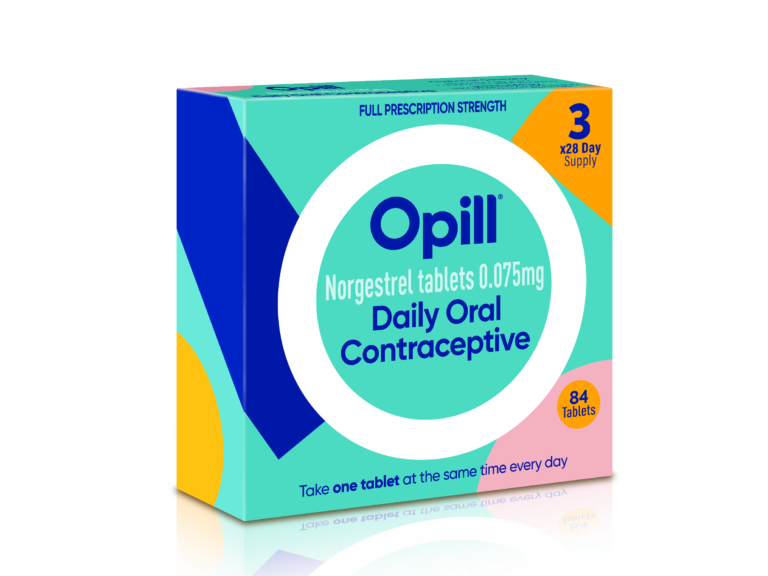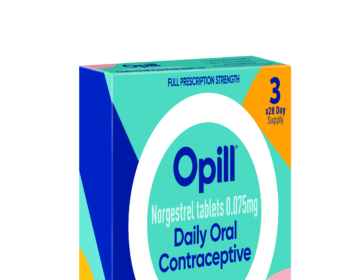Philly doctors call new OTC birth control pill ‘a game changer’ for reproductive health options
The newly approved daily birth control pill, Opill, will be the first contraceptive pill sold as an over-the-counter option.

An advisory panel to the Food and Drug Administration supported drugmaker Perrigo's application to sell the oral contraceptive Opill without a prescription. (Perrigo)
Sometime early next year, people will have the option to buy a birth control pill at the pharmacy or online without a doctor’s prescription.
It means for the first time when someone needs or wants a hormonal contraceptive pill to prevent pregnancy, they won’t have to seek a doctor’s appointment or visit with a health care provider first before getting birth control.
Philadelphia health providers called last week’s federal approval of Opill, a progestin-only daily pill, a “game changer” for reproductive health choices and long-term public health outcomes across the city and nationally.
“This sort of access can really decrease unintentional pregnancy rates,” said Dr. LeeAnn Tanaka, a family practitioner at the Philadelphia College of Osteopathic Medicine. “Which really allows people to get pregnant and conceive when they want to and on their own time when they’re ready to.”
Birth control pills are the most commonly prescribed form of contraception in the United States, according to federal data, with about one in four teenagers and women taking oral medication.
However, a 2015 national survey found that nearly one-third of adult women reported problems getting refills or a new prescription for at least one kind of contraception.
“If you can get a doctor’s appointment and have insurance, it is fairly easy to get birth control pills or birth control of any kind,” Tanaka said. “But there’s that first barrier of needing to be able to get an appointment with your physician in a reasonable amount of time.”
Dr. Aasta Mehta, an OB/GYN and medical officer of women’s health at the Philadelphia Department of Public Health, said she hopes the first over-the-counter option will reduce those barriers and improve reproductive health outcomes.
In Philadelphia, Mehta said the rate of unintended pregnancies is higher than the national average. While teen pregnancy rates continue to decline, the city’s rate — 35 births per 1,000 teens — is more than double the national average.
The U.S. Food and Drug administration approved Opill as an over-the-counter product for all ages. Sometimes called the “minipill,” it contains a single hormone — progestin — and therefore has fewer side effects than combination pills that also contain estrogen.
Mehta said this option should help teens who may not be ready have a conversation with a parent about birth control.
“And that doesn’t mean that teenagers won’t have sex because they’re not talking to their parents,” she said. “They just may not be able to protect themselves adequately from pregnancy.”
Perrigo, the makers of Opill, have not yet publicly disclosed a price for the daily medication,
which comes in a 28-day supply per package. Cost is a major factor in whether or not the pill will truly be an accessible and affordable option, Tanaka said.
“Reasonable to somebody who has private insurance or reasonable to somebody who makes the medication may not be reasonable to the person who needs it,” she said.
With certain health insurance coverage, a month’s supply of birth control pills can cost as little as zero dollars. People can also use health savings accounts to pay for medication with higher price tags.
But many over-the-counter products are ineligible for insurance coverage or medical savings accounts.
In a statement, Perrigo said the medication will be available sometime in the first quarter of 2024.
WHYY is your source for fact-based, in-depth journalism and information. As a nonprofit organization, we rely on financial support from readers like you. Please give today.






